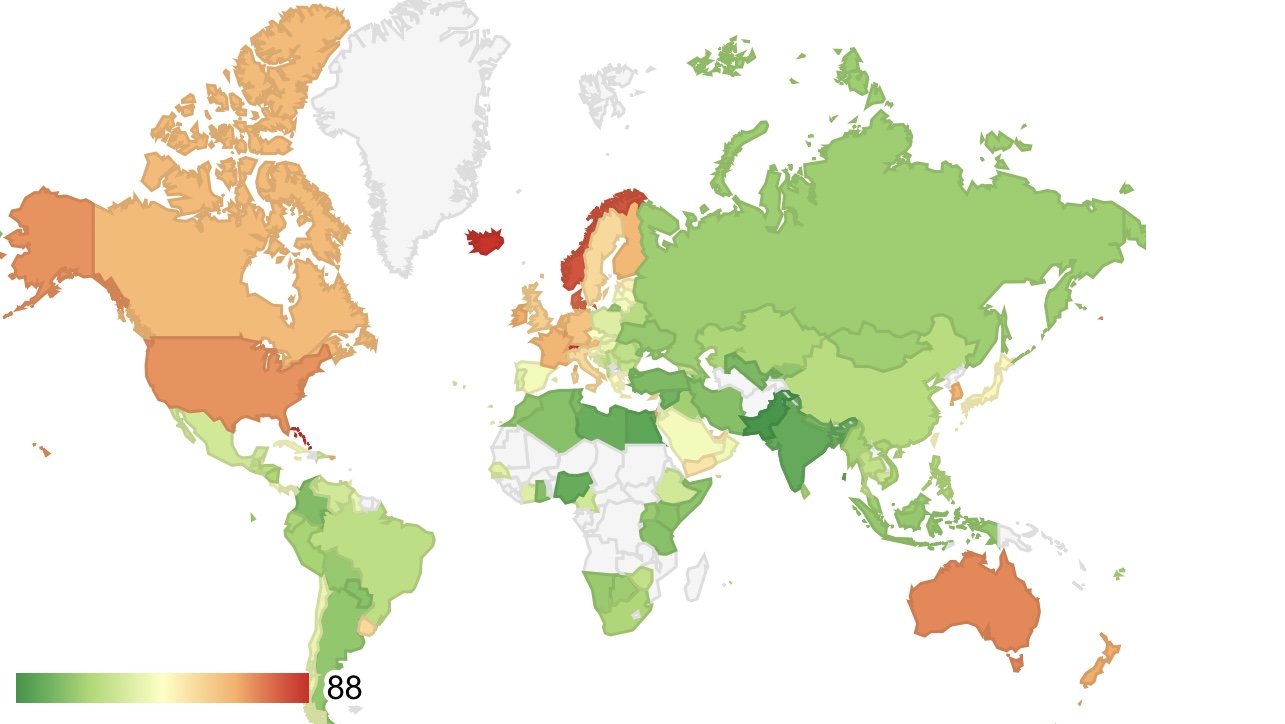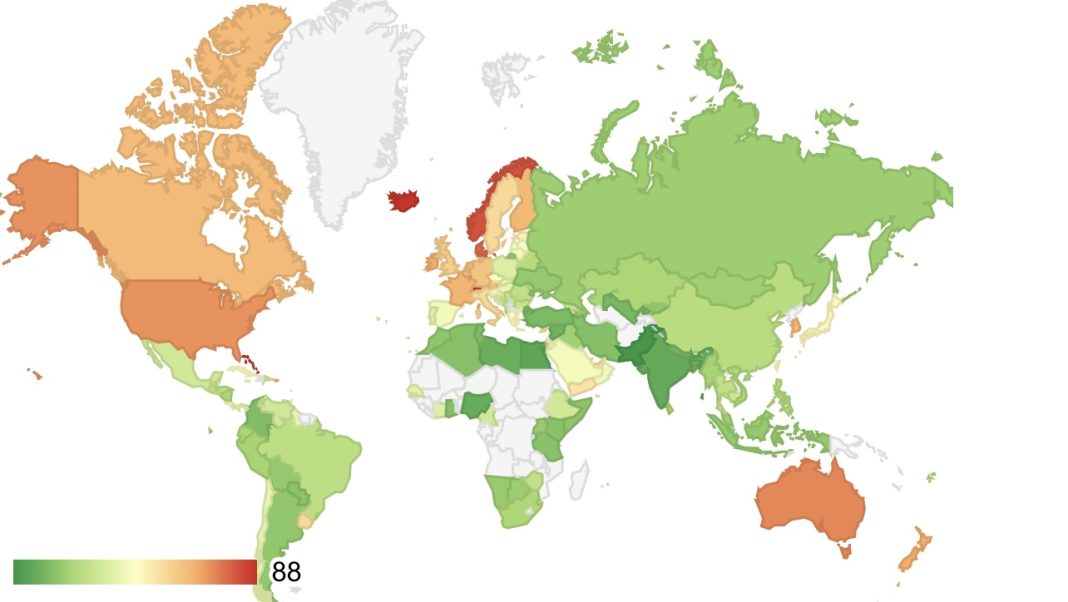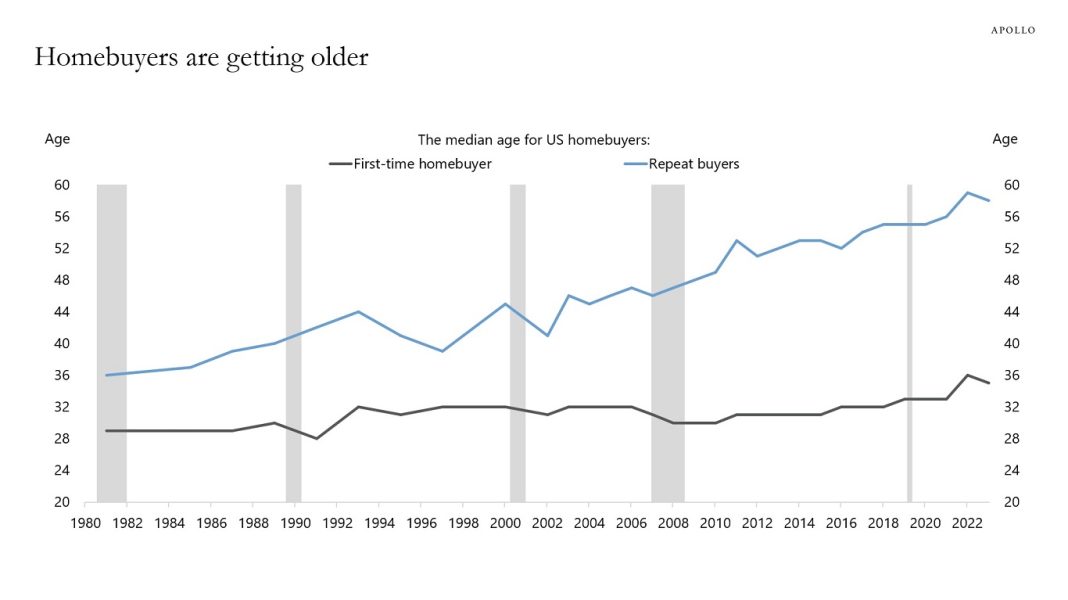 Australia’s Treasurer, Jim Chalmers, has acknowledged that the current economic conditions in the country are “soft,” raising concerns that Australia may be heading towards a recession. Chalmers pointed to factors such as rising interest rates, global economic uncertainty, and slowing economic growth as contributors to the country’s economic challenges.
Australia’s Treasurer, Jim Chalmers, has acknowledged that the current economic conditions in the country are “soft,” raising concerns that Australia may be heading towards a recession. Chalmers pointed to factors such as rising interest rates, global economic uncertainty, and slowing economic growth as contributors to the country’s economic challenges.
These concerns were further highlighted by the latest inflation figures released by the Australian Bureau of Statistics (ABS). The figures showed a 3.8 percent rise in inflation in the June 2024 quarter, following five consecutive quarterly drops from the peak of 7.8 percent in the December 2022 quarter. Within the June 2024 quarter alone, inflation increased by 1.0 percent, mirroring the previous three months.
Several key factors were identified as contributing to the inflationary pressures. Housing costs, food prices, and transportation expenses were among the main culprits. Chalmers noted that the economy barely grew in the first three months of the year, household savings decreased, and retail trade remained soft. These challenges were not surprising to Australians, who were feeling the impact of the difficult economic conditions.
In response to these concerns, Chalmers emphasized Labor’s commitment to providing cost-of-living relief to Australians. He acknowledged that inflation remained stubbornly high, despite the measures taken to improve the country’s budget and alleviate financial pressures. Chalmers highlighted the progress made in reducing inflation from a six percent to a three percent figure, but acknowledged that more needed to be done.
Opposition Leader Peter Dutton criticized Chalmers for his handling of the country’s financial situation and called for an apology to Australians. Dutton argued that Labor’s budget strategy had contributed to inflation and would result in higher interest rates, ultimately impacting small businesses and families. Chalmers, on the other hand, defended Labor’s budget strategy, stating that it had helped to mitigate inflationary pressures.
Chalmers pointed out that fiscal policy alone is not the primary driver of prices in the economy. However, he emphasized that Labor’s budget had played a role in reducing the impact of inflation. He highlighted the achievement of back-to-back surpluses, which hadn’t been seen in nearly two decades, and the positive impact this had on the fight against inflation. Chalmers expressed confidence that the government was on track to achieve a larger than forecasted surplus.
The country’s surplus was bolstered by high global commodity prices, particularly for iron ore and coal, Australia’s largest exports. The increase in prices for these commodities provided a much-needed boost to the country’s finances.
While the Australian economy faces challenges, Treasurer Jim Chalmers remains committed to addressing the issues at hand. By implementing measures to alleviate cost-of-living pressures and maintaining a responsible budget strategy, Chalmers aims to mitigate the impact of inflation and support economic growth. With a focus on fiscal responsibility and leveraging the country’s valuable commodities, Australia strives to navigate through these economic uncertainties and emerge stronger.

